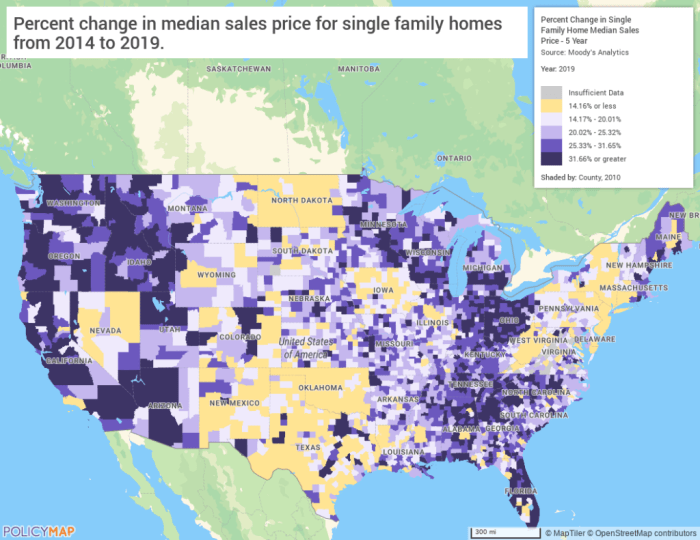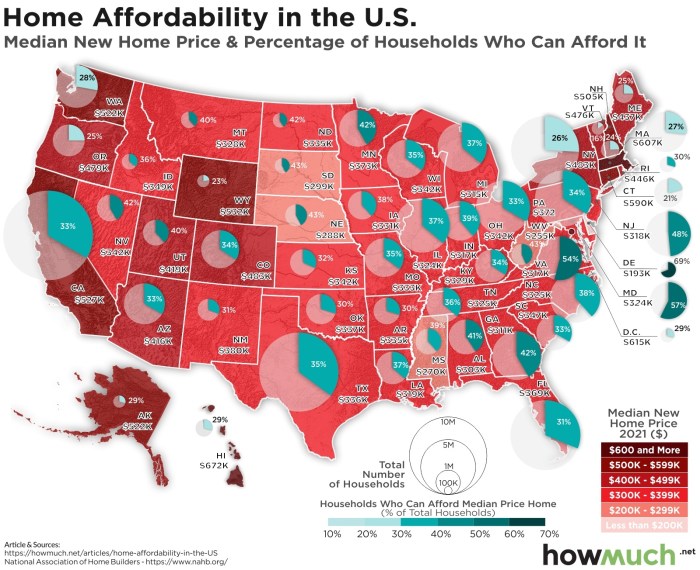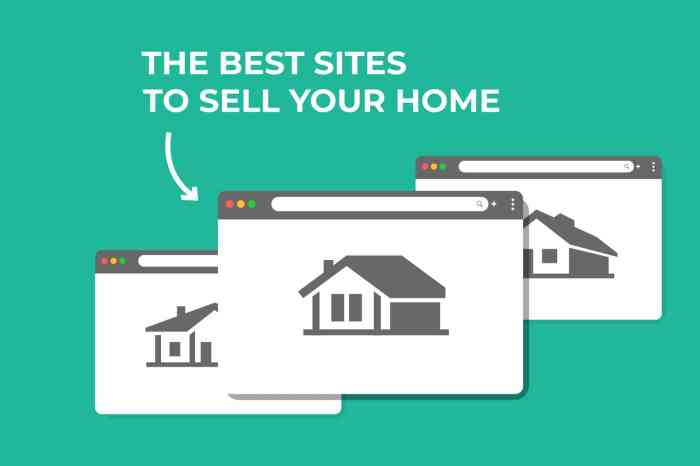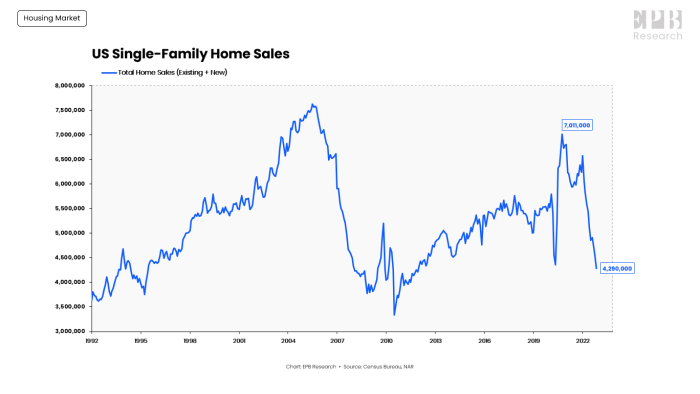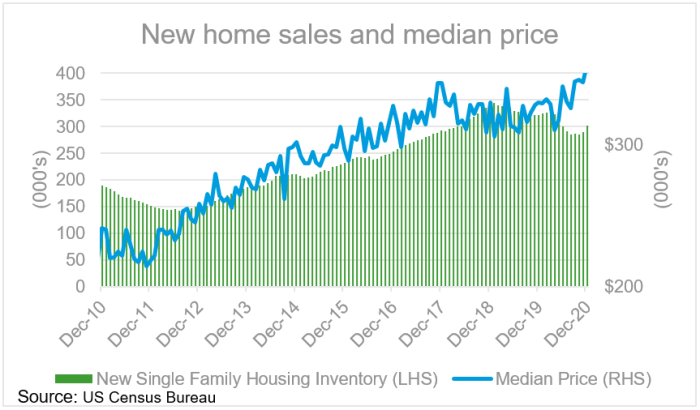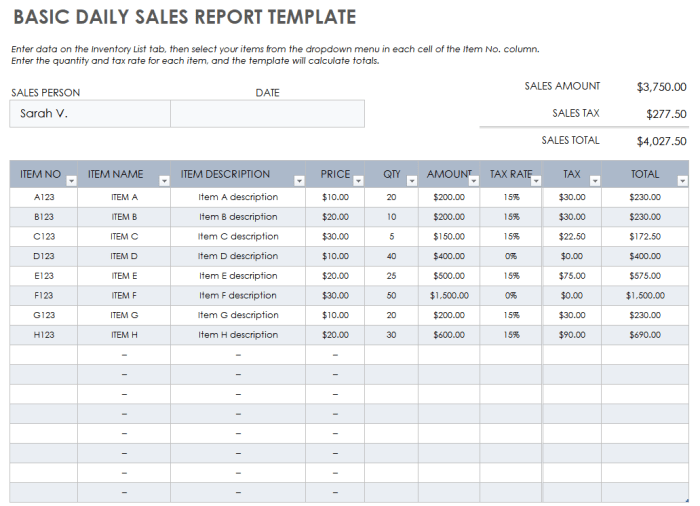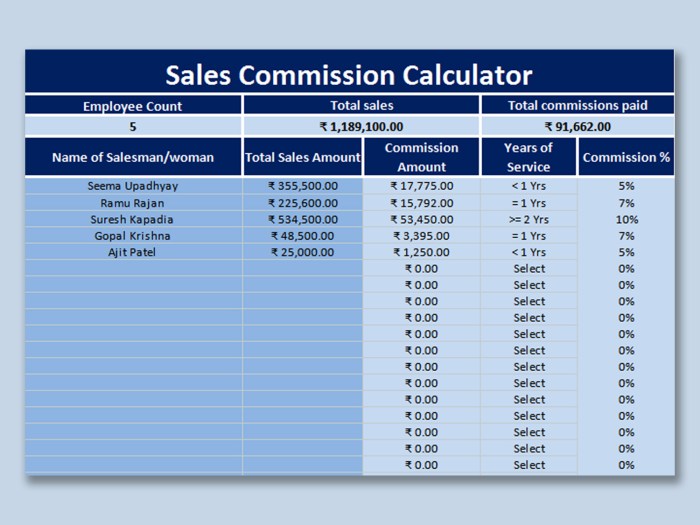Home Sales App: Revolutionizing the Real Estate Market
Home sales apps are transforming the real estate landscape, empowering buyers and sellers with unprecedented convenience and efficiency. These apps offer a comprehensive suite of features that streamline the home-buying and -selling process, making it easier than ever to find your dream home or sell your property.
From property search to virtual tours, home sales apps provide an immersive and user-friendly experience that empowers users to make informed decisions. They offer access to real-time market data, personalized recommendations, and expert guidance, ensuring that users stay informed and connected throughout their real estate journey.
Overview of Home Sales Apps
Home sales apps are software applications designed to streamline and simplify the process of buying and selling homes. These apps provide users with a comprehensive platform to search for properties, connect with real estate agents, and manage the entire home sales transaction.
The purpose of home sales apps is to make the home buying and selling process more efficient, convenient, and transparent. They empower users with access to real-time information, personalized recommendations, and expert guidance, ultimately leading to better decision-making and a smoother experience.
Types of Home Sales Apps
There are several different types of home sales apps available, each catering to specific needs and preferences. These include:
- Property Search Apps:These apps allow users to search for homes based on various criteria, such as location, price range, and amenities. They provide detailed property listings, photos, and interactive maps.
- Agent Finder Apps:These apps help users connect with real estate agents who can guide them through the home buying or selling process. They offer agent profiles, reviews, and appointment scheduling.
- Transaction Management Apps:These apps streamline the home sales transaction process by providing tools for managing paperwork, tracking progress, and communicating with all parties involved.
- Mortgage Calculator Apps:These apps help users calculate mortgage payments, compare interest rates, and determine affordability based on their financial situation.
Features and Functionality of Home Sales Apps
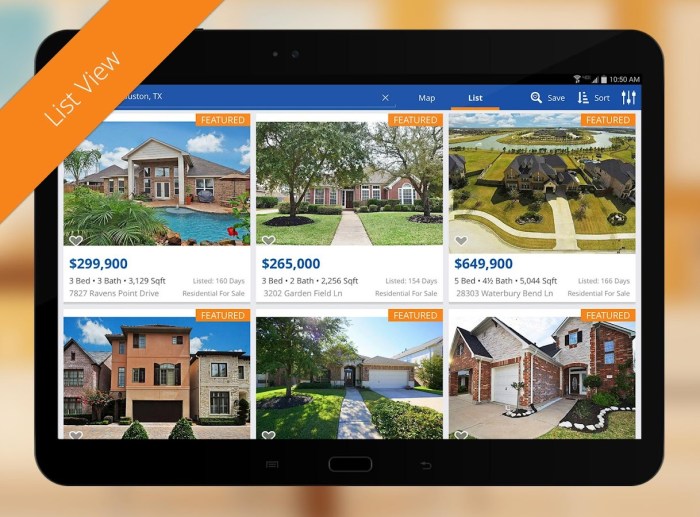
Home sales apps offer a range of features and functionalities designed to streamline the process of finding, buying, and selling homes. These features empower users with convenient and efficient tools to navigate the real estate market.
Key features include:
- Property Search:Advanced search filters allow users to refine their search based on criteria such as location, price range, number of bedrooms, and amenities.
- Property Listings:Detailed listings provide comprehensive information about each property, including photos, floor plans, and property descriptions.
- Virtual Tours:Immersive virtual tours offer a virtual walkthrough of properties, allowing users to explore them remotely.
- Mortgage Calculators:Built-in mortgage calculators help users estimate monthly mortgage payments and determine affordability.
- Agent Directory:Apps provide access to a directory of real estate agents, enabling users to connect with professionals in their area.
Innovative features offered by different apps include:
- Property Value Estimator:Some apps use algorithms to provide an estimated value for properties, based on comparable sales and market trends.
- AI-Powered Recommendations:Artificial intelligence (AI) can analyze user preferences and provide personalized property recommendations.
- Live Chat Support:Real-time chat support allows users to connect with experts for immediate assistance.
- Property Alert System:Apps can send notifications to users when new properties that match their search criteria become available.
These features and functionalities make home sales apps indispensable tools for buyers, sellers, and real estate professionals, simplifying the home buying and selling process.
Market Analysis and Trends
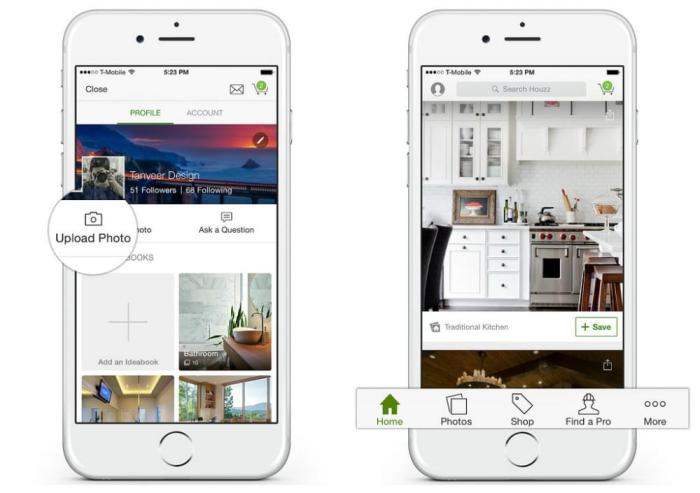
The home sales app industry is rapidly evolving, driven by technological advancements and changing consumer behavior. The industry is expected to witness significant growth in the coming years, as more and more people turn to digital platforms to buy and sell homes.
One of the key trends shaping the industry is the rise of virtual reality (VR) and augmented reality (AR) technologies. These technologies allow users to experience a home virtually before making a purchase, which can save time and money. Additionally, the use of artificial intelligence (AI) is becoming increasingly common in home sales apps.
AI can be used to analyze data, generate leads, and even provide personalized recommendations to users.
Growth Potential
The growth potential of the home sales app industry is significant. The global market for home sales apps is expected to reach $10.2 billion by 2026, growing at a compound annual growth rate (CAGR) of 12.3% from 2021 to 2026. This growth is being driven by several factors, including the increasing popularity of mobile devices, the growing number of millennials and Gen Zers entering the housing market, and the rising demand for convenience and transparency in the home buying and selling process.
Challenges
Despite the strong growth potential, the home sales app industry faces several challenges. One of the biggest challenges is the lack of standardization. There are a number of different home sales apps on the market, each with its own unique features and functionality.
This can make it difficult for users to compare different apps and choose the one that is right for them.
Another challenge facing the industry is the issue of data privacy. Home sales apps collect a lot of personal data from users, including their financial information and their location. This data can be used to track users’ movements and target them with advertising.
As a result, it is important for home sales apps to have strong privacy policies in place to protect users’ data.
Key Players, Home sales app
The key players in the home sales app industry include Zillow, Trulia, Redfin, and Realtor.com. These companies have a large market share and offer a wide range of features and functionality. They are constantly innovating and developing new features to attract users.
User Experience and Design
The user experience (UX) of a home sales app plays a crucial role in attracting and retaining users. A well-designed app should be intuitive, user-friendly, and visually appealing.
Best Practices for App Design and Navigation
Effective app design involves creating a seamless navigation flow that allows users to find the information they need quickly and easily. Some best practices include:
- Clear and concise menus:Organize categories and subcategories logically to make it easy for users to browse listings and find specific properties.
- Intuitive search functionality:Implement powerful search filters that enable users to narrow down their search based on criteria such as location, price range, and property type.
- Interactive maps:Integrate interactive maps that allow users to explore neighborhoods, view property locations, and calculate distances.
li> Property details pages:Provide detailed information about each property, including high-quality photos, virtual tours, floor plans, and property history.
Importance of Mobile Optimization and Accessibility
In today’s mobile-first world, it’s essential for home sales apps to be optimized for mobile devices. This means ensuring that the app is responsive, easy to navigate on smaller screens, and compatible with various operating systems.
Accessibility is another important consideration. Apps should be designed to be accessible to users with disabilities, including those who use assistive technologies such as screen readers.
Integration and Compatibility
In the dynamic world of home sales, integration and compatibility are crucial aspects that determine the efficiency and reach of home sales apps.
Integration with other platforms and services allows home sales apps to offer a seamless experience to users by connecting with external tools and data sources. This enhances functionality, streamlines workflows, and provides users with a comprehensive platform for their home sales needs.
Compatibility
Compatibility refers to the ability of home sales apps to work seamlessly across different devices and operating systems. By ensuring compatibility with popular devices and platforms, apps can reach a wider audience and cater to the diverse preferences of users.
Compatibility also enables seamless data transfer and synchronization between different devices, ensuring that users can access their information and manage their home sales activities from anywhere, at any time.
Successful Integrations
Examples of successful integrations include partnerships with mortgage lenders, title companies, and home inspection services. By integrating with these platforms, home sales apps can provide users with real-time updates on loan applications, schedule home inspections, and access title information, all within a single app.
This integration streamlines the home buying and selling process, saving time and effort for users.
Ultimate Conclusion: Home Sales App
Home sales apps are not just a passing trend; they are the future of real estate. As technology continues to advance, we can expect to see even more innovative features and integrations that will further enhance the user experience. These apps are revolutionizing the way we buy and sell homes, making it more accessible, efficient, and enjoyable for everyone involved.

